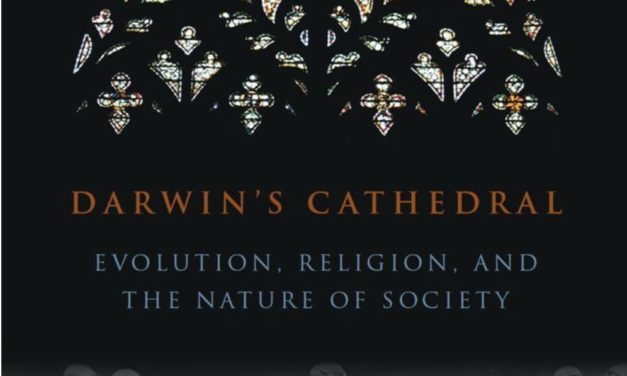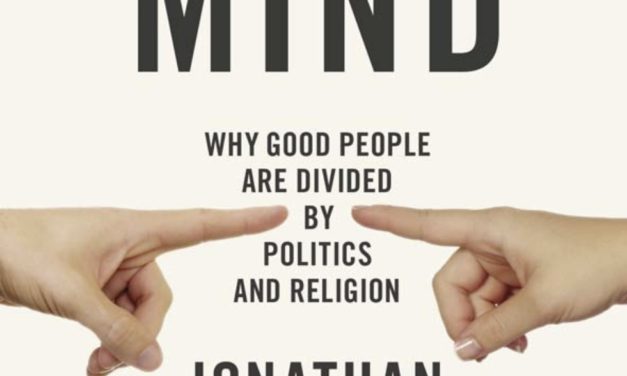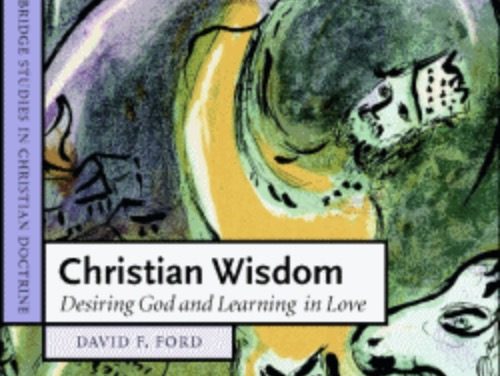The Fascination and Danger of Stories
Stories are everywhere around us, and they have played a part in the cultural evolution of homo sapiens. But they have a dark side, and we should take care that we are masters of our stories and not enslaved by them.
Read More





